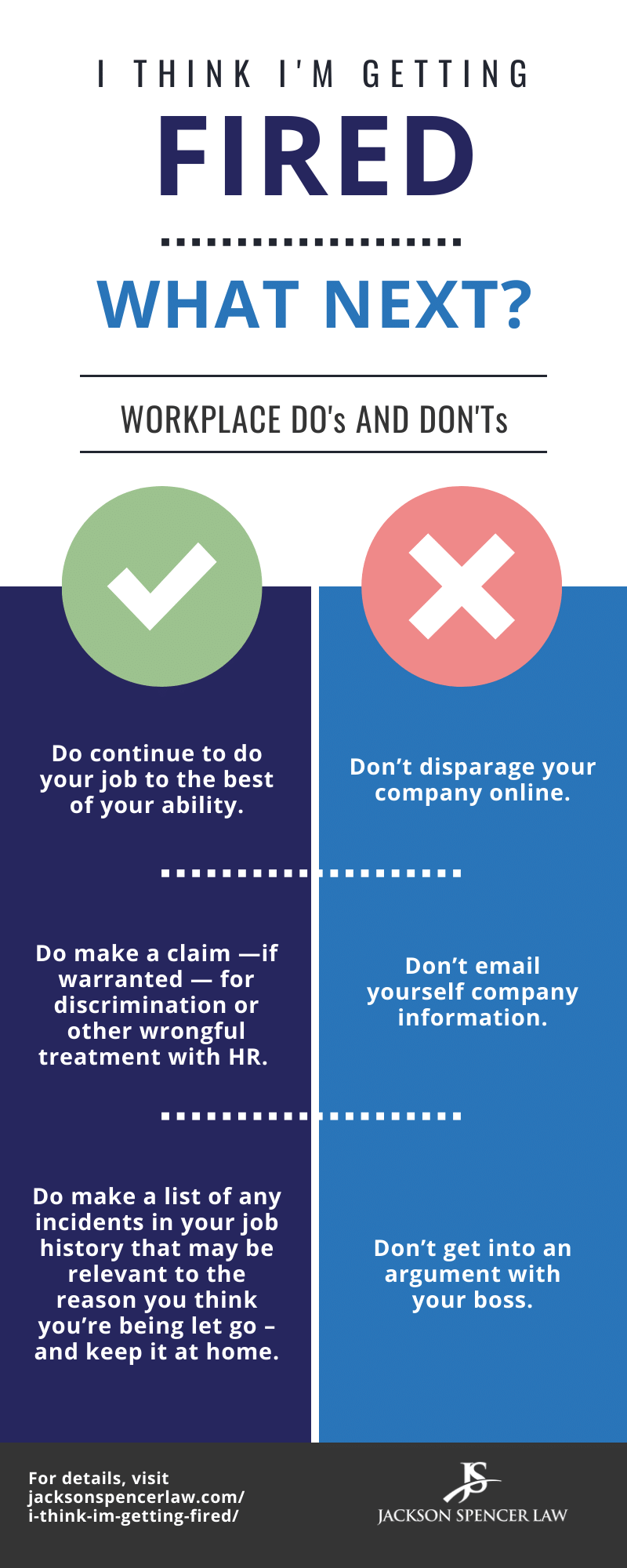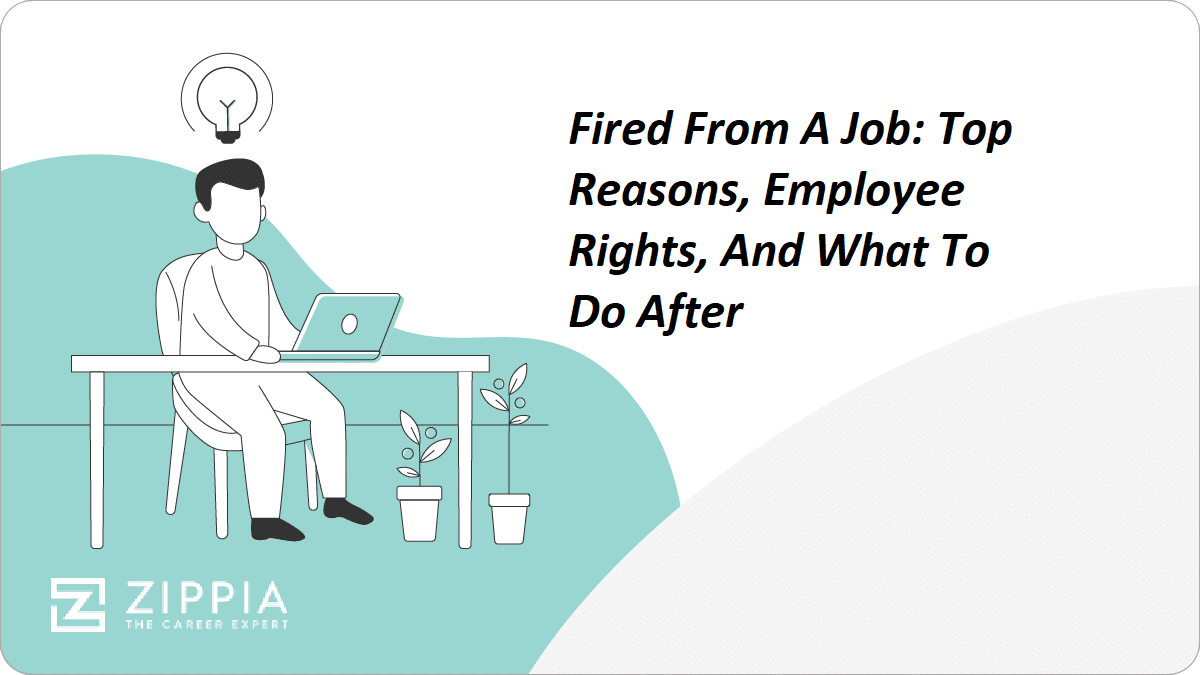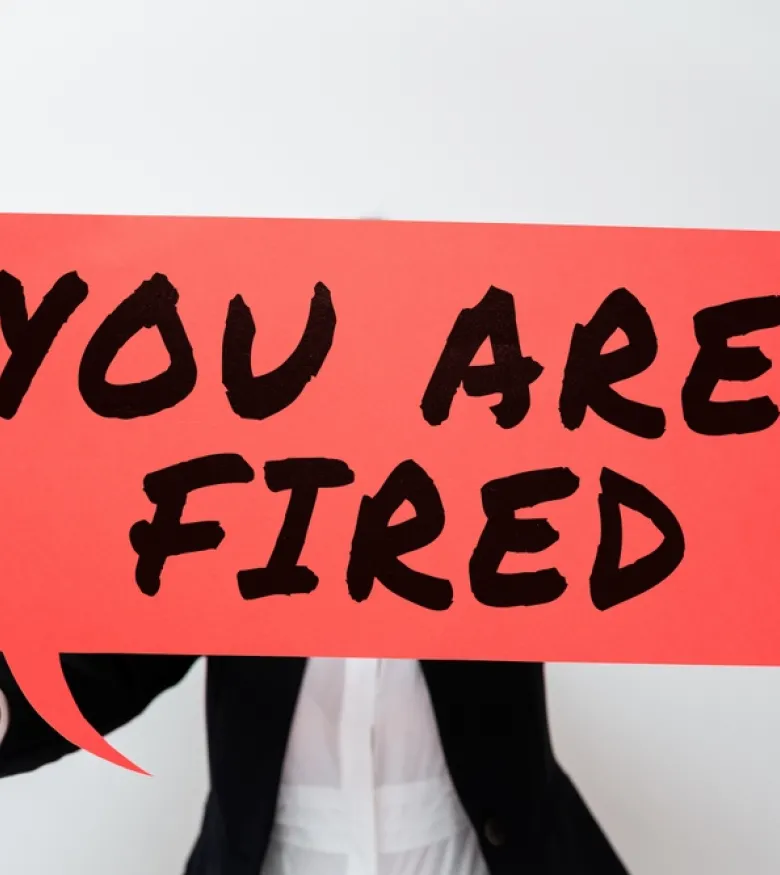Can A Business Fire You For No Reason

The question of whether an employer can terminate an employee "for no reason" is a complex one, deeply intertwined with employment law and the concept of at-will employment. While it might seem unfair or arbitrary, the ability to fire someone without a stated cause is legal in many jurisdictions, raising questions about worker protections and the balance of power in the employer-employee relationship.
At the heart of this issue is at-will employment, a legal doctrine that allows employers to terminate employment for any reason that is not illegal, and without establishing “cause” for termination. This also means an employee is equally free to leave a job at any time, for any reason, without facing legal repercussions. However, this freedom is not absolute, and is subject to several crucial exceptions.
Understanding At-Will Employment
The at-will doctrine is the default employment arrangement in most U.S. states. According to the National Conference of State Legislatures (NCSL), only Montana does not adhere to at-will employment in its purest form. This makes understanding its implications crucial for both employers and employees across a large portion of the United States.
However, the at-will employment relationship can be altered by contracts or agreements. For instance, a written employment contract specifying a definite term of employment or outlining specific grounds for termination overrides the at-will principle.
Exceptions to the Rule
Despite the widespread prevalence of at-will employment, significant exceptions exist to protect employees from wrongful termination. These exceptions typically fall into several categories.
Implied Contract: Even without a formal written contract, an implied contract can be created through an employer's actions, policies, or verbal assurances. An employee handbook promising specific disciplinary procedures before termination, for instance, could be interpreted as an implied contract.
Public Policy: Employees cannot be fired for reasons that violate public policy. This includes retaliation for filing a workers' compensation claim, refusing to perform an illegal act, or reporting illegal activities (whistleblowing). State and federal laws protect employees who exercise their legal rights.
Discrimination: Federal and state laws prohibit employers from discriminating against employees based on protected characteristics such as race, religion, sex, national origin, age, disability, or genetic information. Firing an employee based on any of these characteristics is illegal, even in an at-will employment setting.
"It is important to remember that at-will employment does not mean an employer can act with impunity," explains employment lawyer Sarah Miller. "There are crucial legal protections in place to prevent discriminatory and retaliatory firings."
Proving Wrongful Termination
Challenging a termination as wrongful can be a complex legal process. The burden of proof often falls on the employee to demonstrate that the termination violated public policy, an implied contract, or anti-discrimination laws.
This often involves gathering evidence such as employment records, performance reviews, emails, and witness testimonies. Consulting with an experienced employment attorney is crucial in assessing the strength of a potential wrongful termination claim.
The Equal Employment Opportunity Commission (EEOC) is the federal agency responsible for enforcing federal anti-discrimination laws. The EEOC investigates charges of discrimination and can pursue legal action against employers who violate these laws.
Impact and Considerations
The existence of at-will employment has a significant impact on both employers and employees. For employers, it offers flexibility in managing their workforce and adapting to changing business needs. However, it also carries the risk of potential lawsuits if terminations are not handled carefully and legally.
For employees, at-will employment can create a sense of job insecurity. Understanding their rights and the exceptions to the at-will doctrine is crucial for protecting themselves from potential wrongful termination. Documenting job performance, retaining communication with employers, and familiarizing oneself with company policies can be beneficial.
Navigating employment law can be complex. Both employers and employees should seek legal counsel to ensure compliance with applicable laws and protect their respective interests. The legal landscape surrounding employment is constantly evolving, requiring vigilance and a proactive approach to understanding one's rights and responsibilities.








:max_bytes(150000):strip_icc()/Reasonsfortermination-54df0d79749c4e56867aff2ff0904af8.png)









